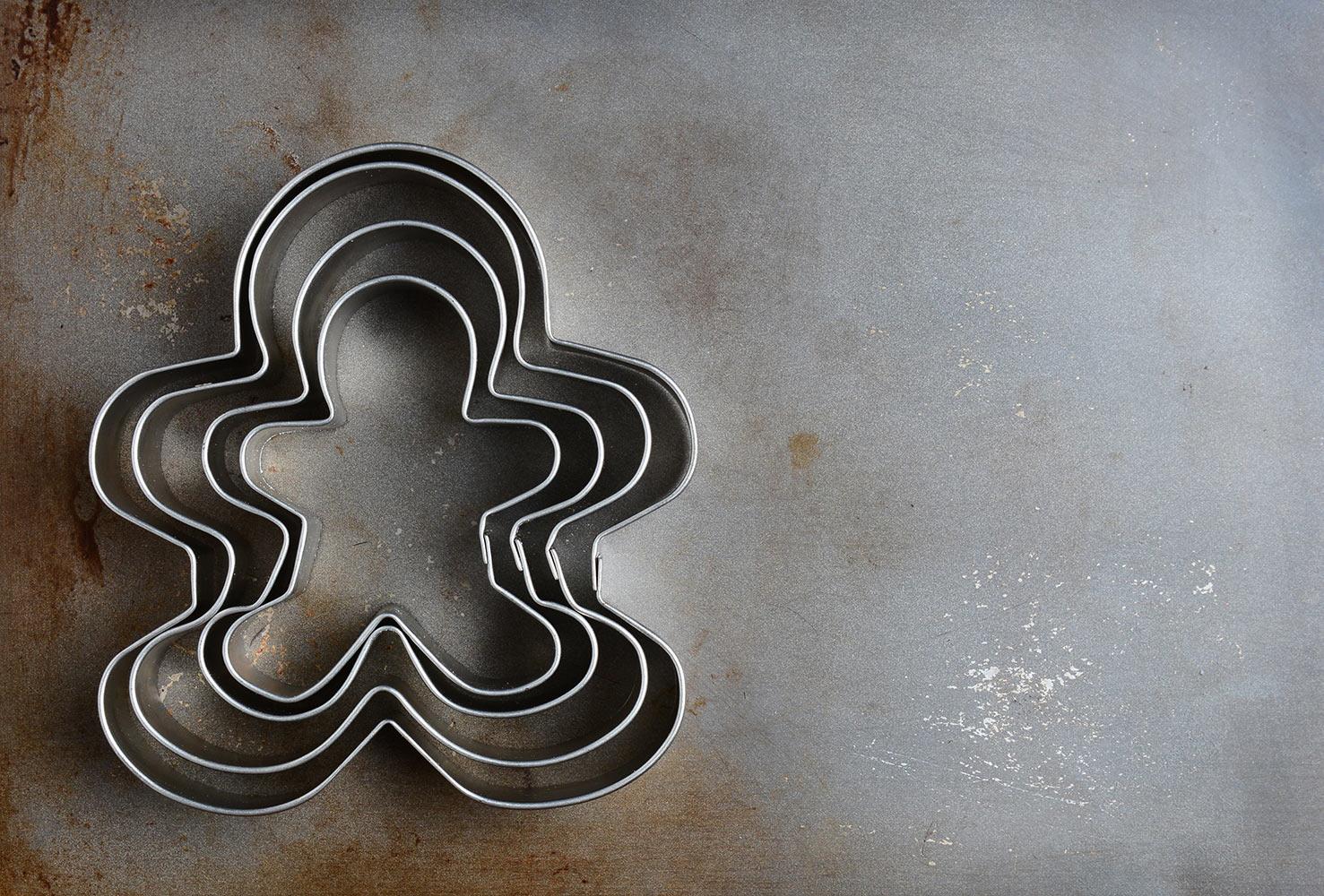
Digital Citizenship
by: Alison Madison, S9GS Librarian & Media Specialist
Online Behavior
- Respect other's works
- Respect other's feelings
- Respect oneself
It encompasses every single way we all interact on the World Wide Web.
The formal definition of Digital Citizenship includes: the norms of behavior with regard to technology use. It is teaching users the rules of good citizenship online.
9 General Areas of Behavior that Make Up Digital Citizenship
Image by Lauren Brownell
What Teachers Need to Know
CCSS.ELA-Literacy.CCRA.W.6 Use technology, including the Internet, to produce and publish writing and to interact and collaborate with others.
Key Vocabulary:
- Creative Commons: a kind of copyright that makes it easy for people to copy, share, and build on someone's creative work--*as long as they give the creator credit for it.
- Public Domain- a creative work that is not protected by copyright and is therefore free for one to use
CCSS.ELA-Literacy.CCRA.W.8 Gather relevant information from multiple print and digital sources, assess the credibility and accuracy of each source, and integrate the information while avoiding plagiarism.
CCSS.ELA-Literacy.CCRA.W.9 Draw evidence from literary or informational texts to support analysis, reflection, and research.
Key Vocabulary:
- Website Evaluation: a guide for evaluating the the reliability of a website
- Creative Works: all types of work that someone creates, including writing of all kinds, artwork, and photos, videos, and music
- MLA (attributing creative works): writing style for documentation
English Language Arts and World History
CCSS.ELA-Literacy.W.9-10.8 Gather relevant information from multiple authoritative print and not print digital sources, using advanced searches effectively; assess the usefuleness of each source in answering the research question; integrate information into the text selectively to maintain the flow of ideas, avoiding plagiarism and following a standard format for citation.
Key Vocabulary:
See Above
OPEN PROFESSIONALS EDUCATION NETWORK
OER: OPEN EDUCATIONAL RESOURCES
This is an AWESOME, FREE resource to use with all of your classes.
The OER site contains links to numerous websites that YOU and your STUDENTS can use to search and find open licensed media - free to use and free to share.
Common Sense Media For Educators
Creative Commons: Copyright-Friendly Content and More
Searching Digital Content: Common Questions
- How do you want your students to use the Internet?
- How and where do you want them to gather information?
- How will they determine if the source is credible?
- How will they incorporate the information they find?
- How will they give credit to the author or creator?
Useful Vocabulary for Students
- Intellectual Property: creations of the mind, such as inventions; literary and artistic works; designs; and symbols, names and images used in commerce
- Creative Works: all types of work that someone creates, including writing of all kinds, artwork, photos, videos, and music
- Digital Citizenship: the norms of behavior with regard to technology use. It is teaching users the rules of good citizenship online.
- Plagiarism (or to plagiarize): to use the words or ideas of another person as if they were your own words or ideas
- Copyright: a law that protects a creator's ownership of and control over the work he or she creates, requiring other people to get the creator's permission before they copy, share, or perform that work
- Fair Use: the ability to use a small amount of someone's creative work without permission, but only in certain ways
- Public Domain: creative work that's not protected by copyright and is therefore free for one to use
- Commercial Purposes: a use in connection with a business, usually for profit
- Creative Commons: a kind of copyright that makes it easy for people to copy, share, and build on someone's creative work--*as long as they give the creator credit for it.
- MLA (Modern Language Association): writing style for documentation
Great Search Aides for Students
- Creative Commons Search http://search.creativecommons.org/ Quiry 13 different sites that you can share and use.
- Google Advanced Search https://www.google.com/advanced_search?hl=en
- Google Images Advanced Search http://www.google.com/advanced_image_search
- Wikimedia Commons http://commons.wikimedia.org/wiki/Main_Page Database of freely usable media files
- ccMixter http://ccmixter.org/ Music community featuring remixes under CC license
- Pixabay http://pixabay.com/en/ Free images
- Open Clipart Library http://openclipart.org/
- Youtube Creative Commons Search https://www.youtube.com/creativecommons
- Internet Archive https://archive.org/details/movies Text, audio, moving images, software, webpages
- Flickr Creative Commons Search http://www.flickr.com/creativecommons
Check List for Students
- Check who owns it.
- Get permission to use it.
- Give credit to the creator of the work - avoid plagiarism.
- Buy it (if necessary).
- Use it responsibly.
Bibliography and Citation Generators
Works Cited
Brownell, Lauren. Nine Elements of Digital Citizenship. http://www.sophia.org/tutorials/nine-elements-of-digital-citizenship
Common Sense Media. http://www.commonsensemedia.org/
Howie, Jason. http://www.flickr.com/photos/jasonahowie/7910370882/
http://lasemester.syr.edu/?page_id=352
mkhmarketing. http://www.flickr.com/photos/mkhmarketing/8539048913/
Moorman, Honor. Creative Commons: Copyright-friendly content and more. 15 July 2010. https://www.youtube.com/watch?v=k5-rTvhljzA
Open Professionals Education Network. http://open4us.org/find-oer/#GeneralSearch
Reschke, Michaeil. OERLogo.png. 4 March 2011. http://commons.wikimedia.org/wiki/File:OERLogo.png
http://www.merriam-webster.com/dictionary/dictionary
World Intellectual Property Organization. http://www.wipo.int/portal/en/index.html







